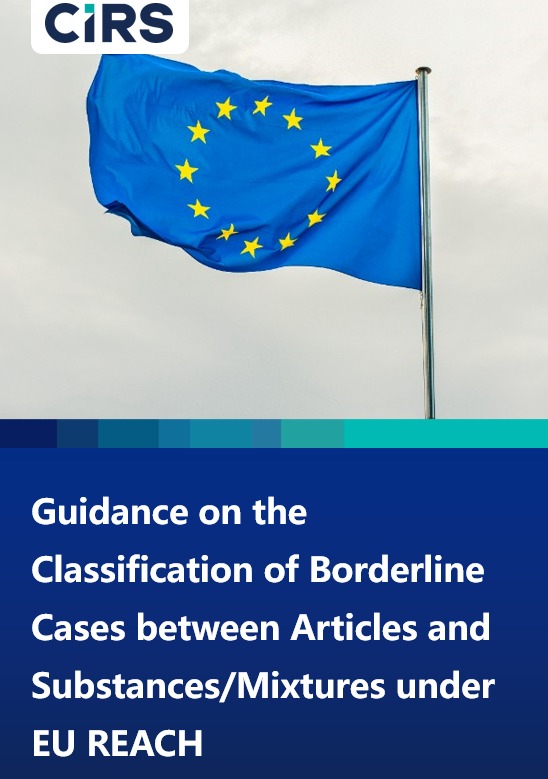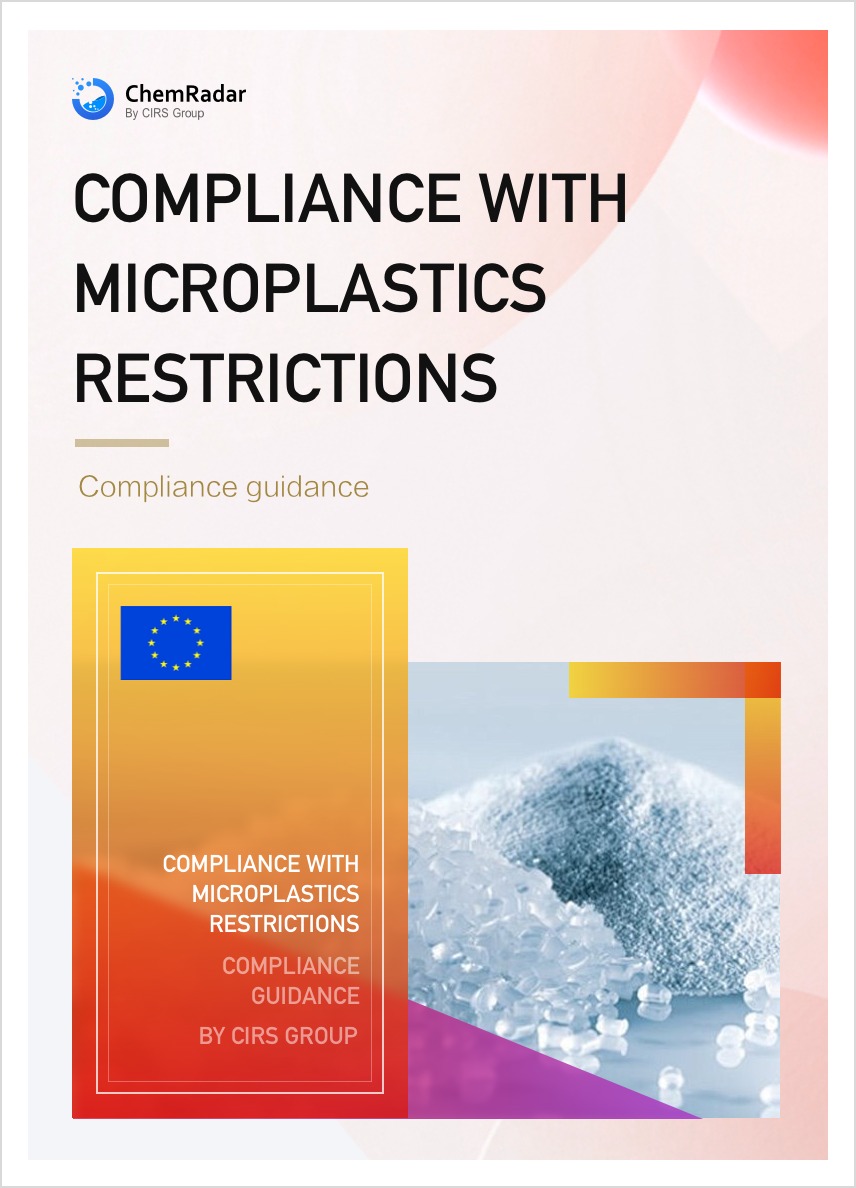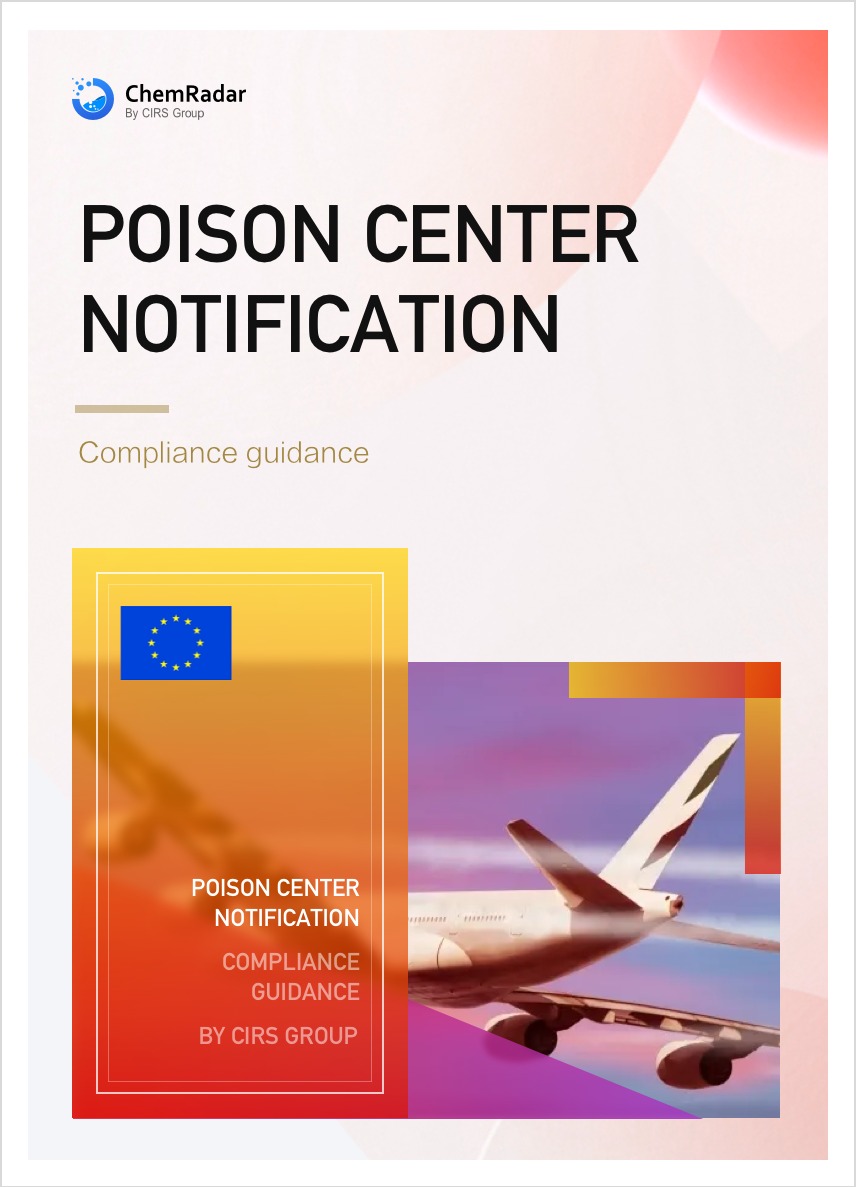On August 30, 2025, the European Commission's C34200 Committee (REACH Committee) officially announced the written voting results of the "Draft Amendment to REACH Regulation Administrative Fees": 26 votes in favor, 1 abstention, and 0 votes against. The votes in favor represent 98.79% of the EU population, meeting the two-thirds requirement, indicating that the administrative fee increase is essentially confirmed.
Key Amendments
1. Across-the-Board Registration Fee Increases
The standard fees have been increased across-the-board to reflect the cumulative inflation rate of 19.5%, while the fee reductions for small and medium-sized enterprises (SMEs) remain unchanged.
Adjusted Registration Fees (19.5% Increase)
|
Individual Submission |
Joint Submission |
|
|
1–10 tonnes |
€2,078 |
€1,558 |
|
10–100 tonnes |
€5,585 |
€4,190 |
|
100–1,000 tonnes |
€14,939 |
€11,204 |
|
Over 1,000 tonnes |
€40,270 |
€30,202 |
2. Pre-Application SME Verification
To streamline SME eligibility checks and ensure fairness, the draft introduces:
- Mandatory pre-application: Companies must request SME status at least two months before submitting registration dossiers.
- Three-year validity: Approved SME status applies to all EU regulatory submissions for three years.
- Review fee refund: ECHA may charge an administrative fee for SME applications but must refund it if status is granted.
- 15-month transition period: The new rules will take effect 15 months post-adoption.
As early as February this year, based on the annual report released by the European Chemicals Agency (ECHA), CIRS Group successfully predicted that EU REACH registration administrative fees would rise. Now, the voting process has concluded, and the amendment has officially passed as expected.
A transition period of approximately two months is anticipated (depending on the official release timeline by the EU), and the regulation will take effect 20 days after its publication in the Official Journal. Based on recent experiences with the BPR (Biocidal Products Regulation) fee adjustments, the earliest possible effective date for the new regulation is expected to be in November.




